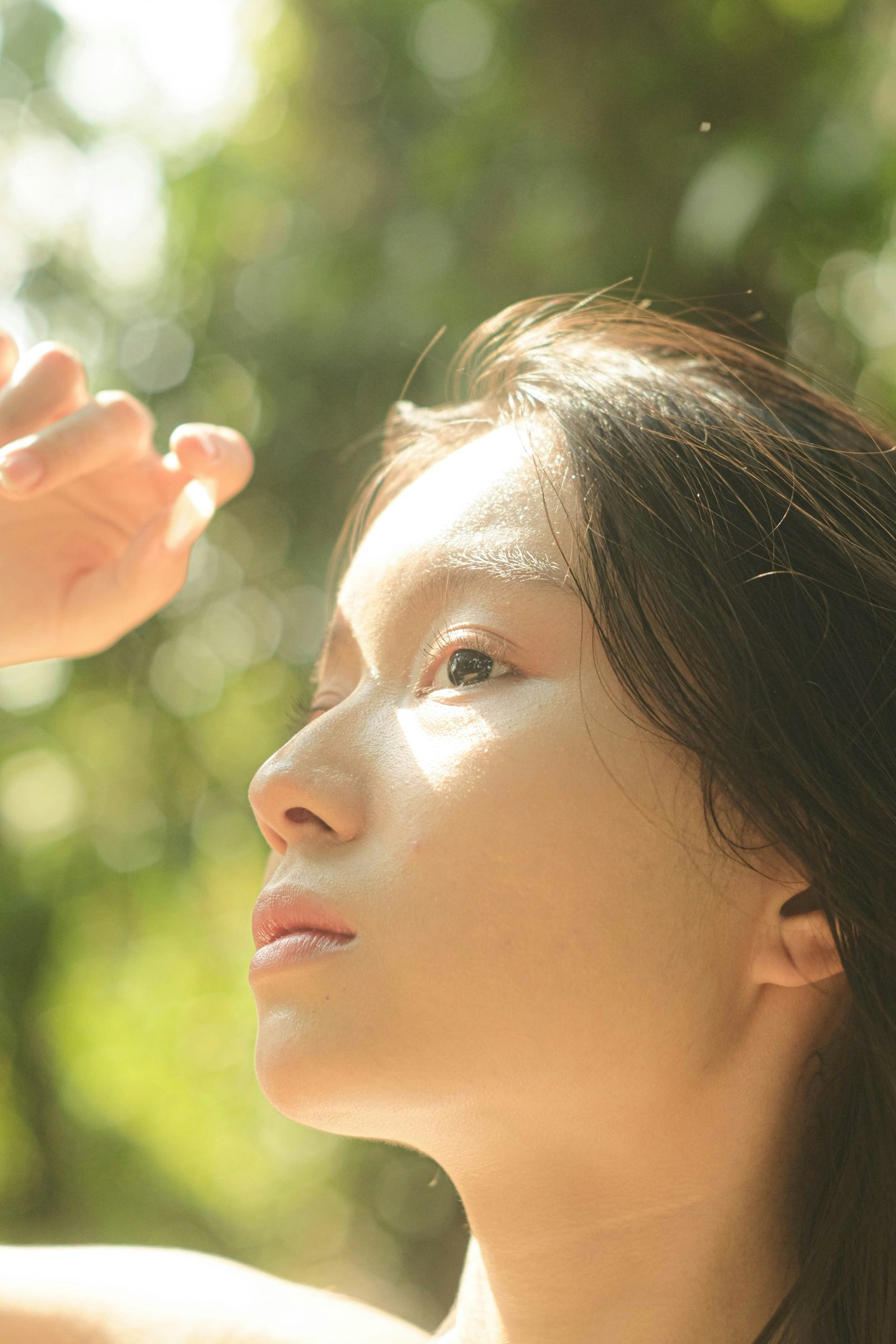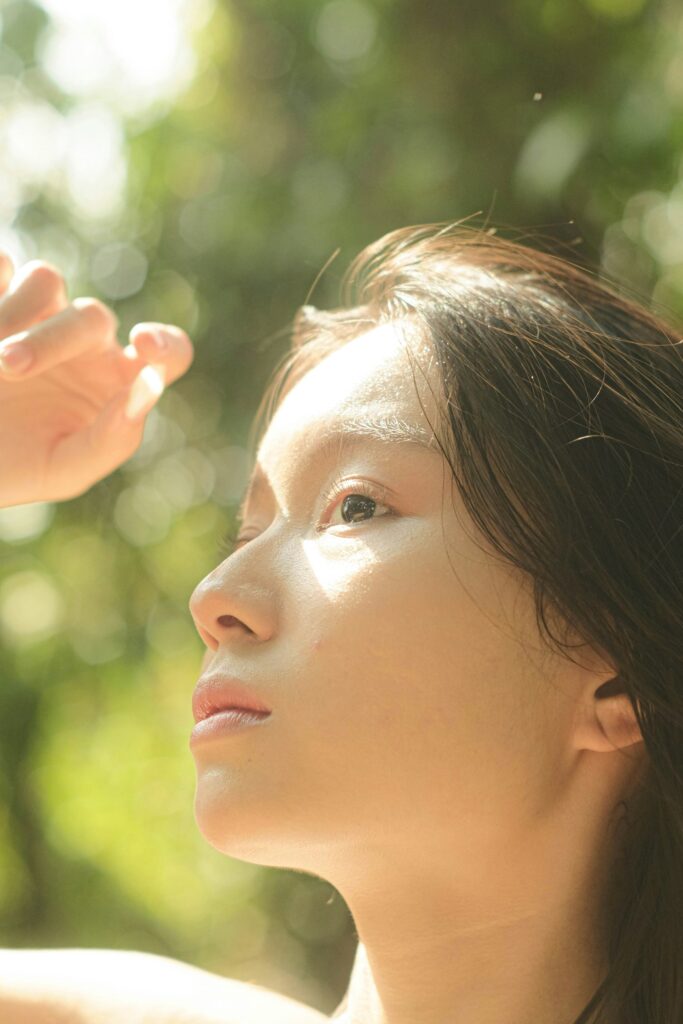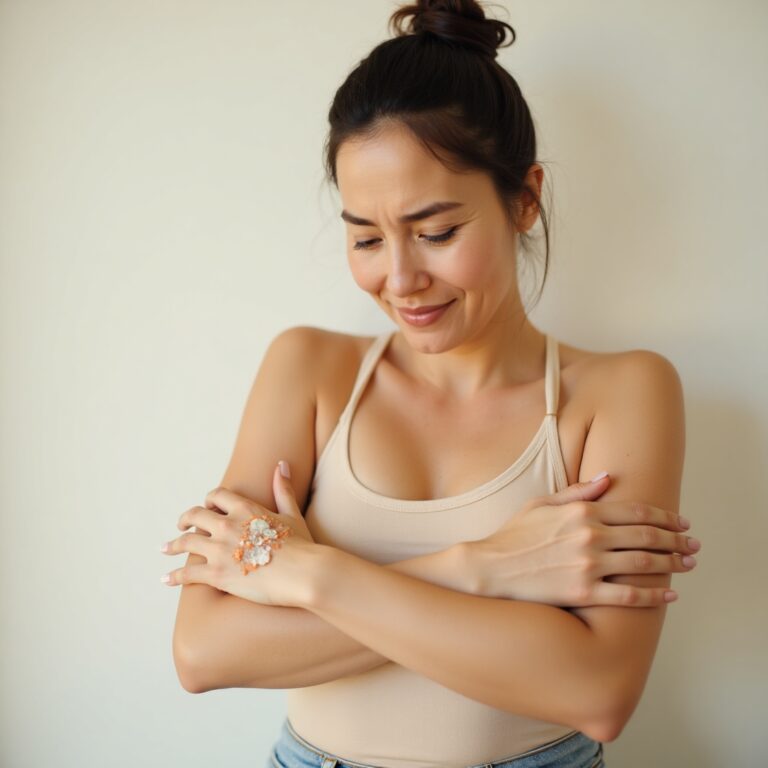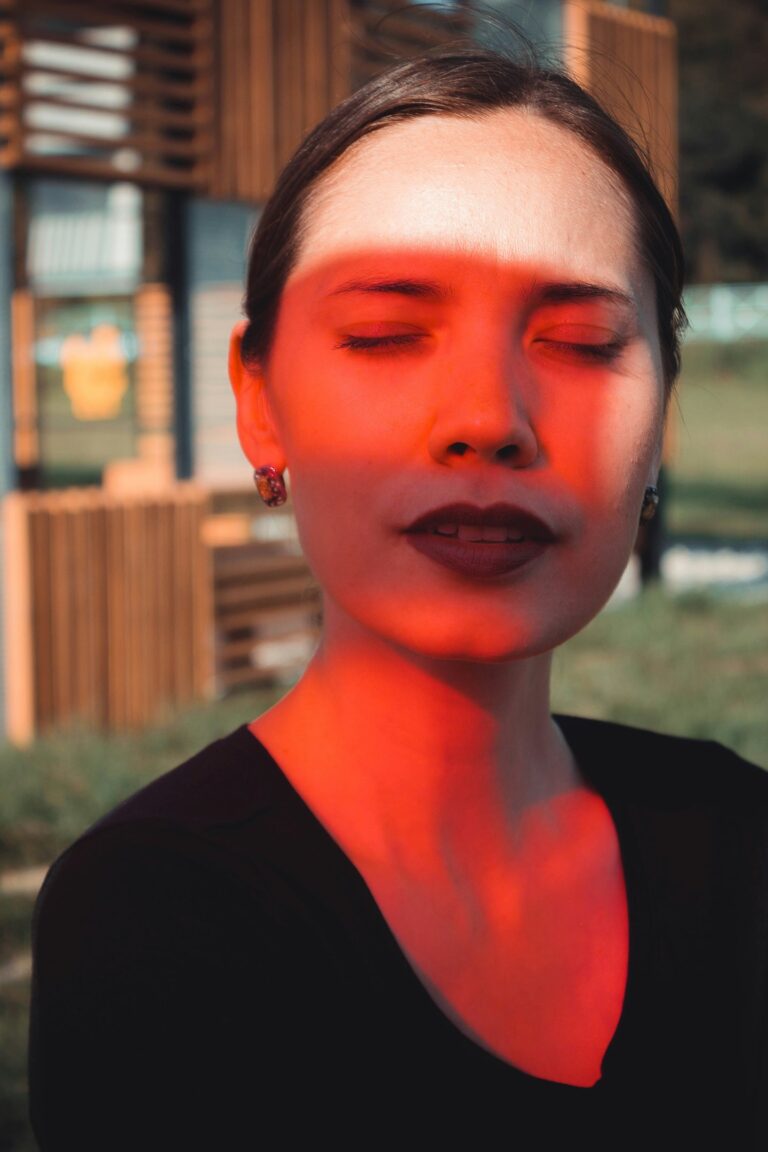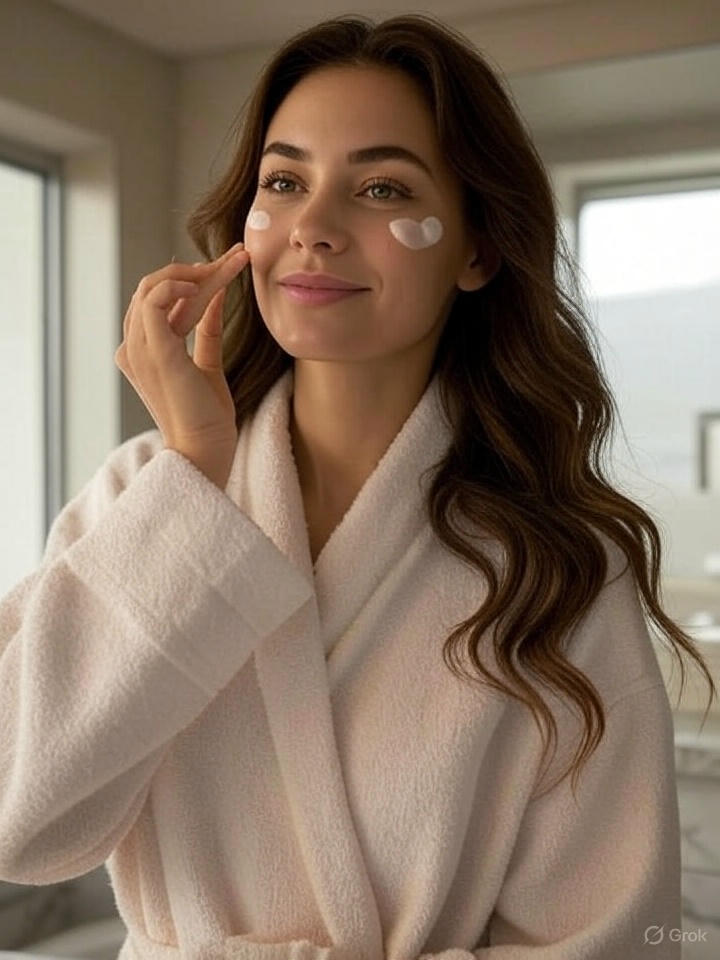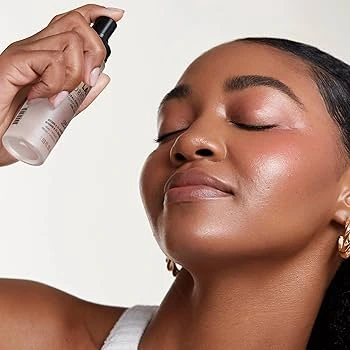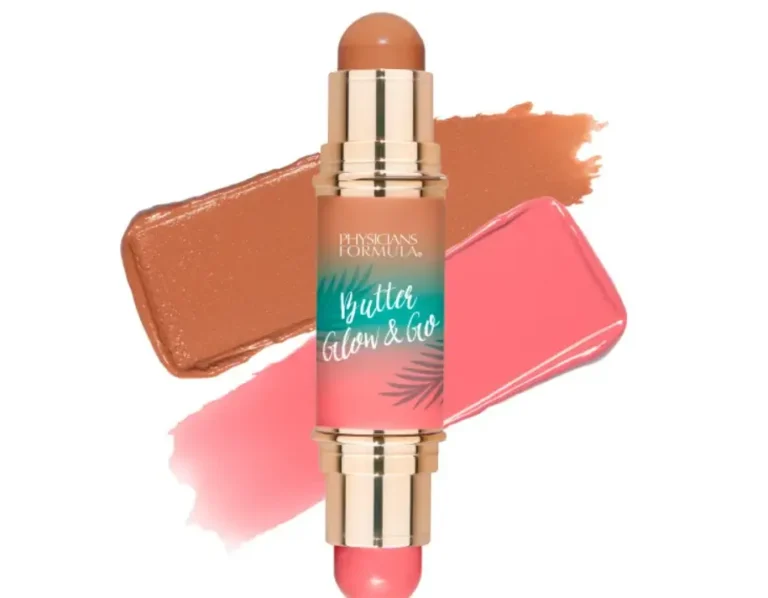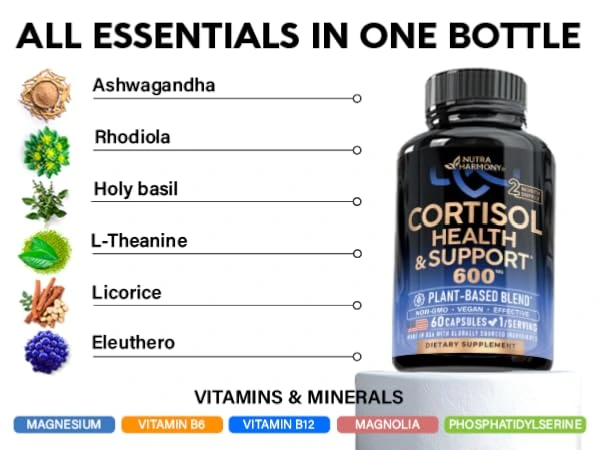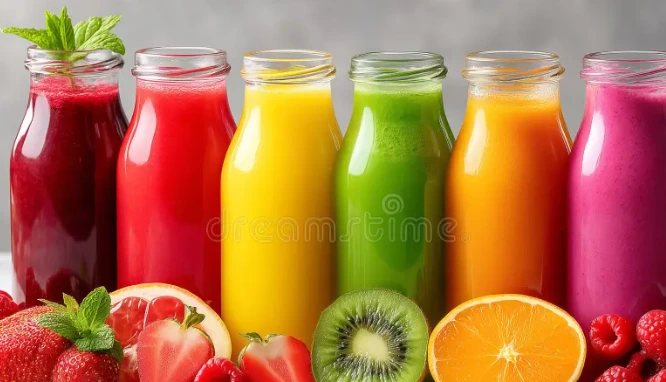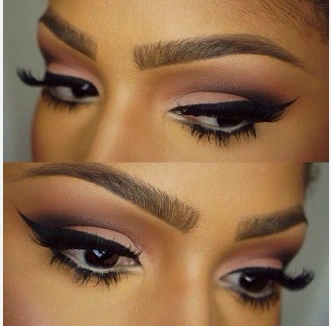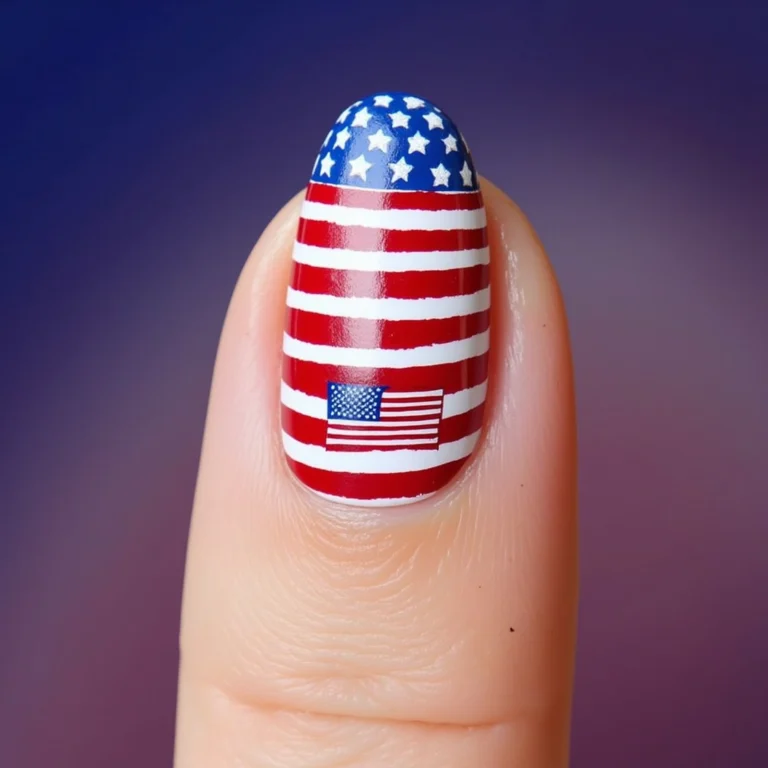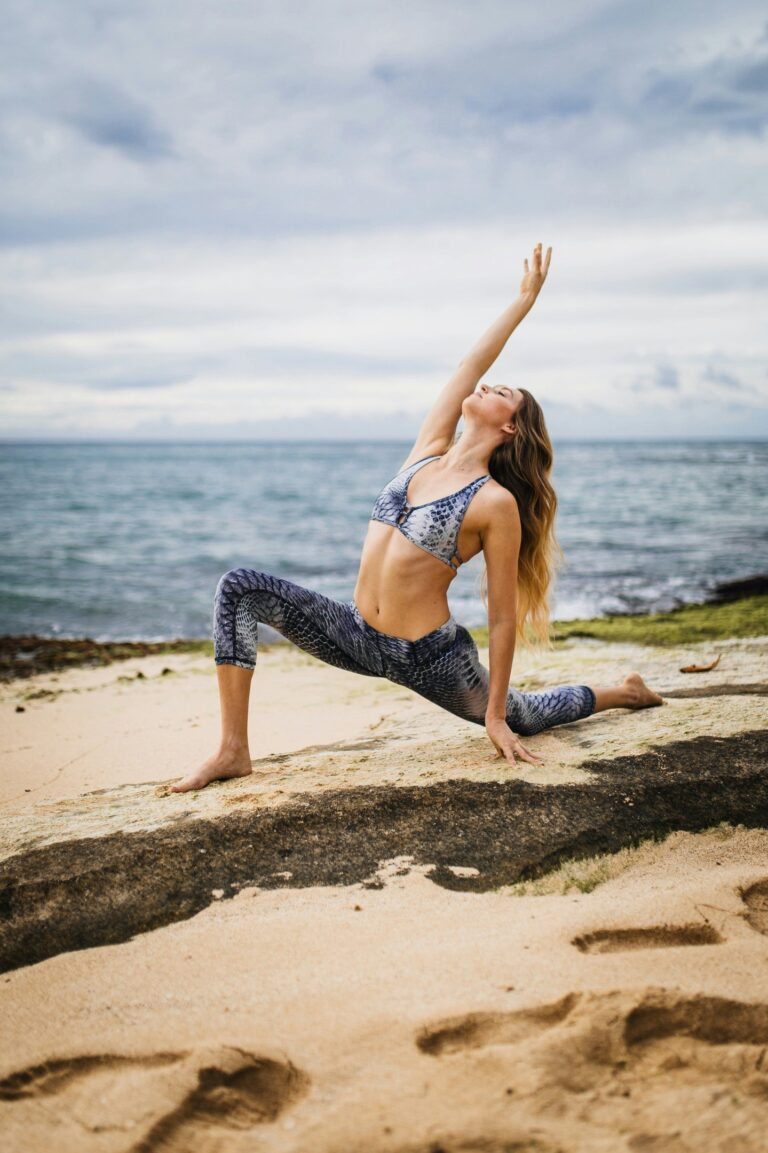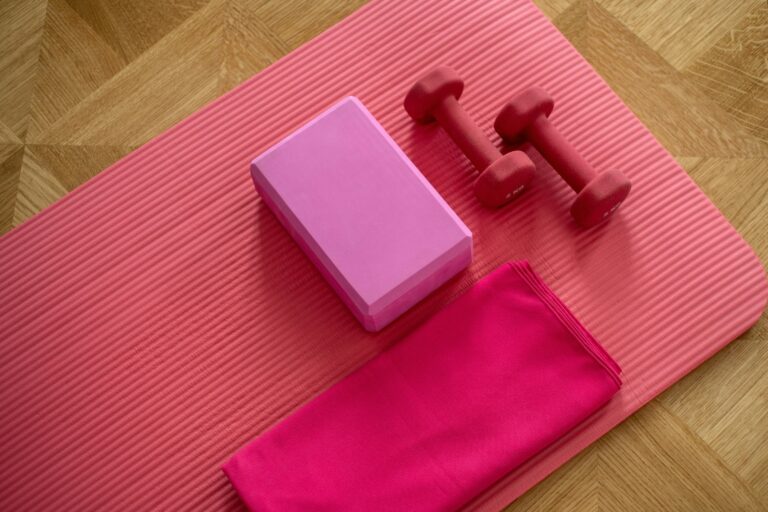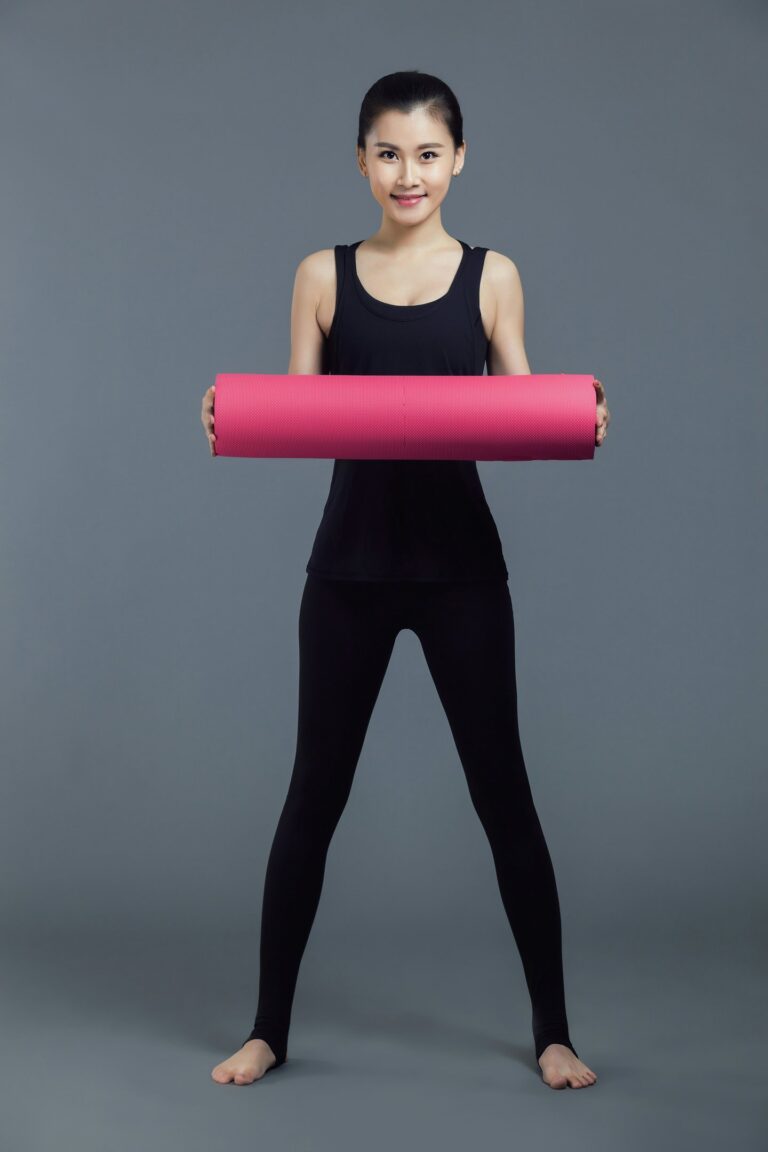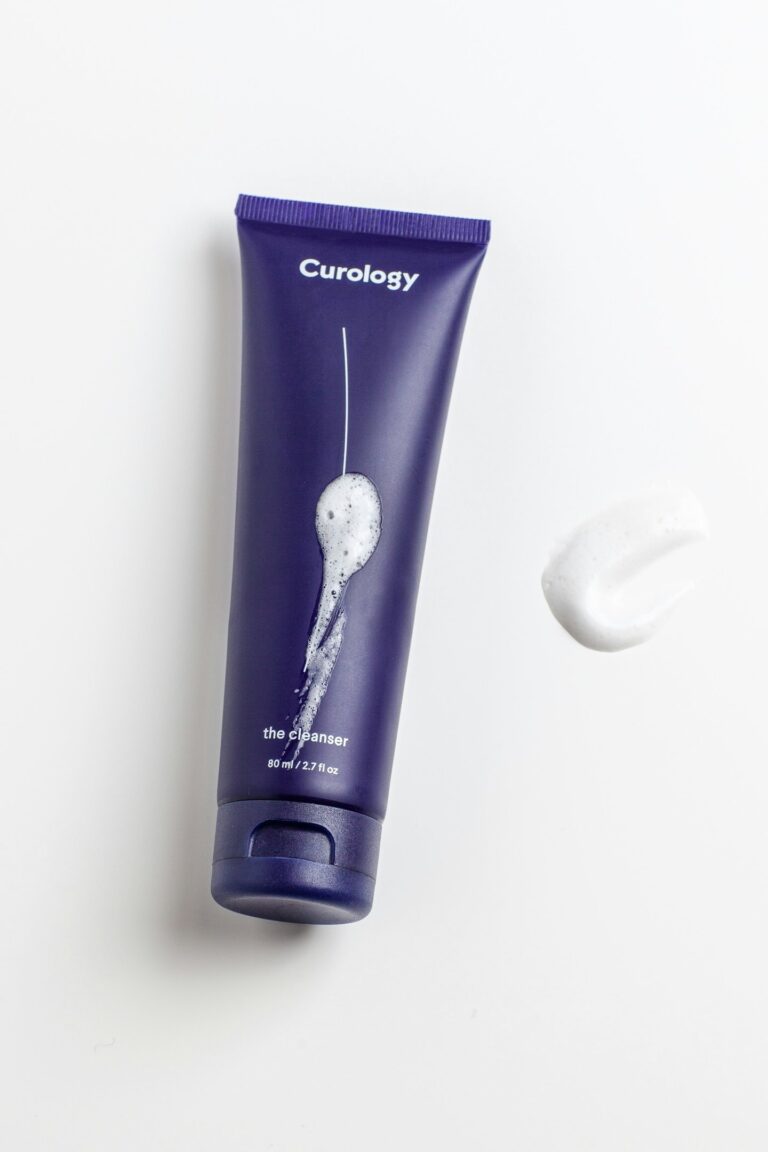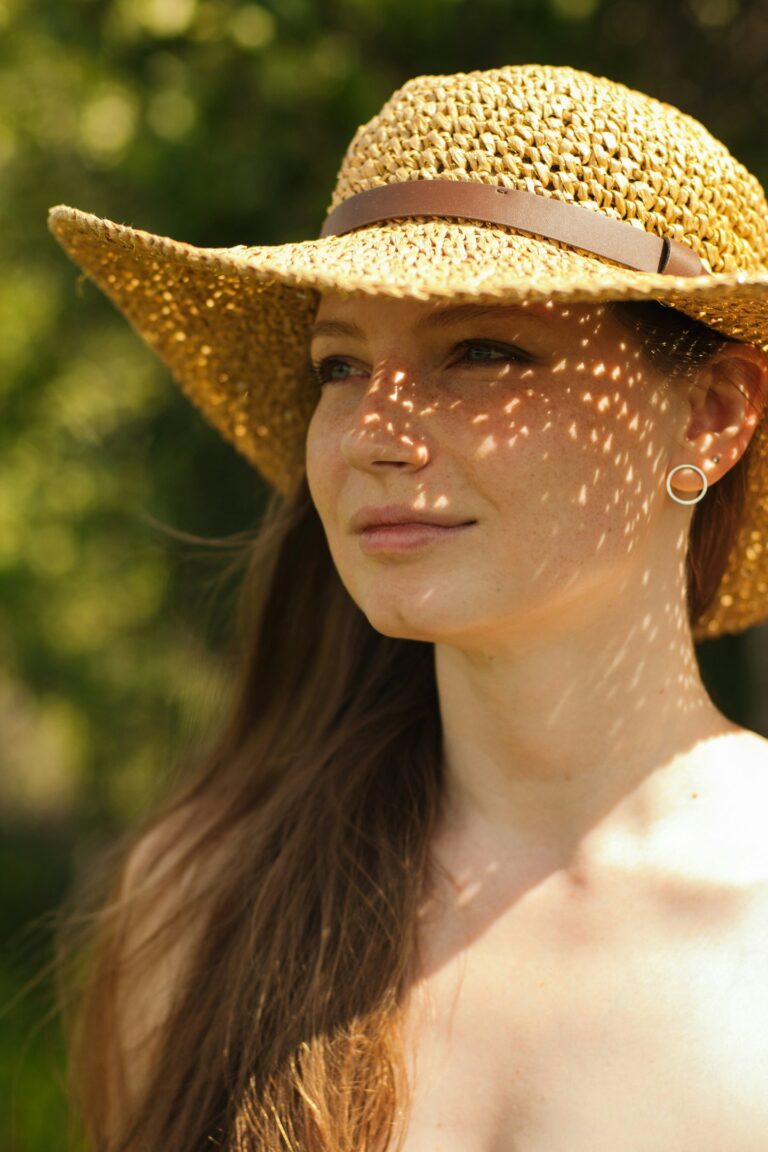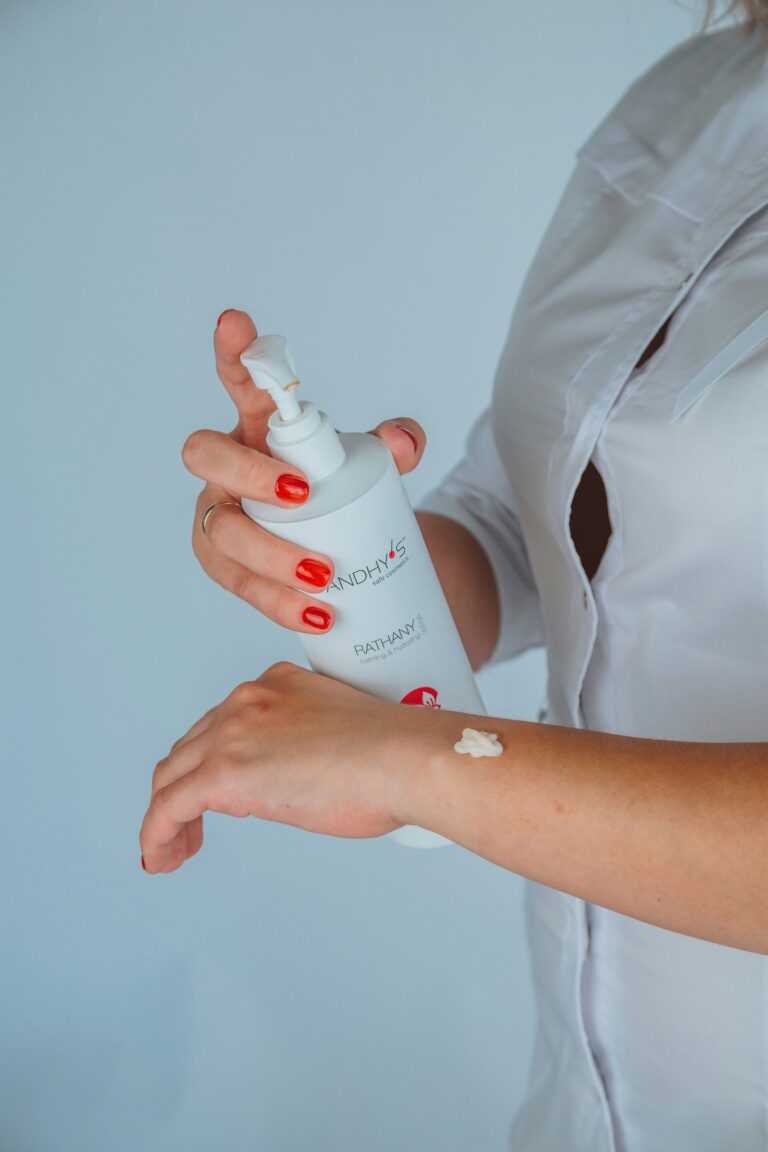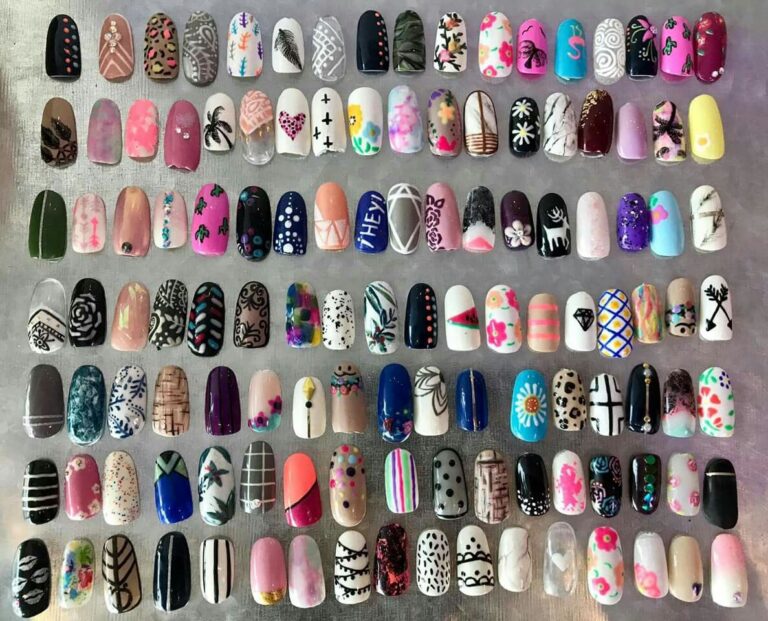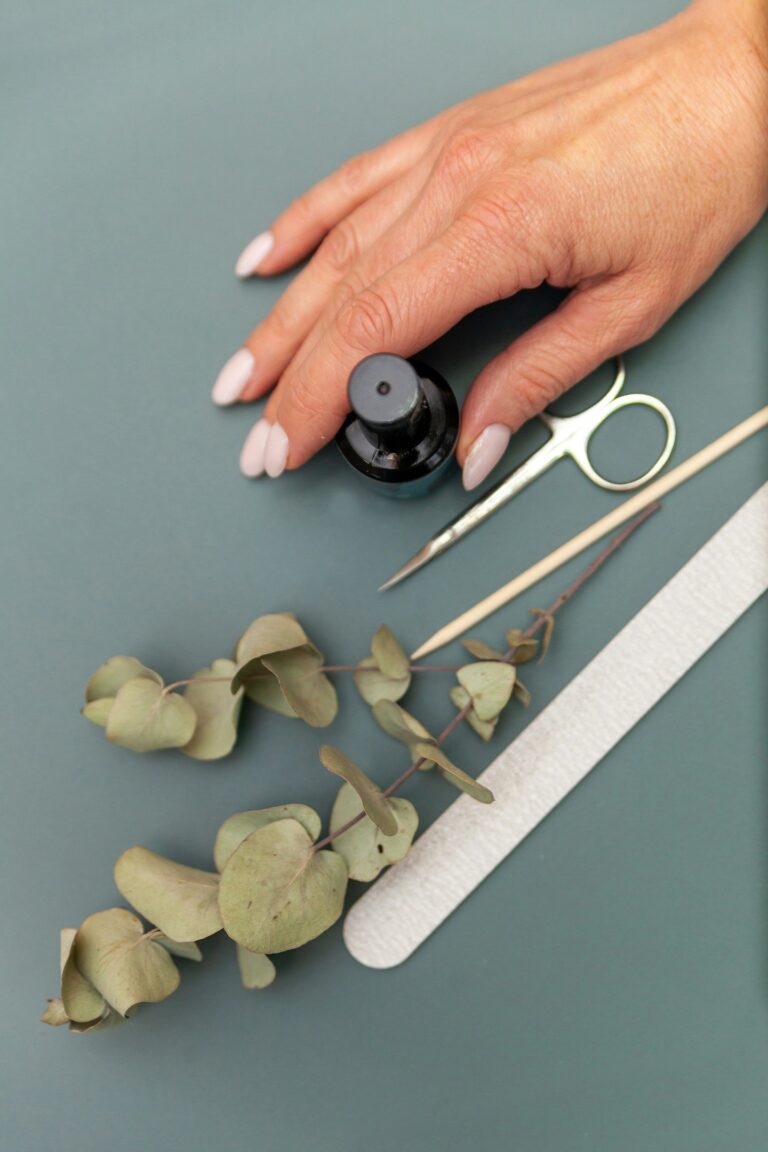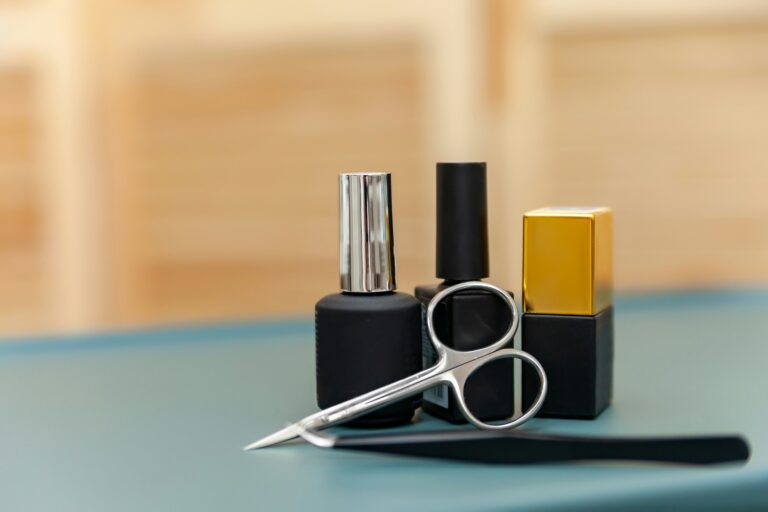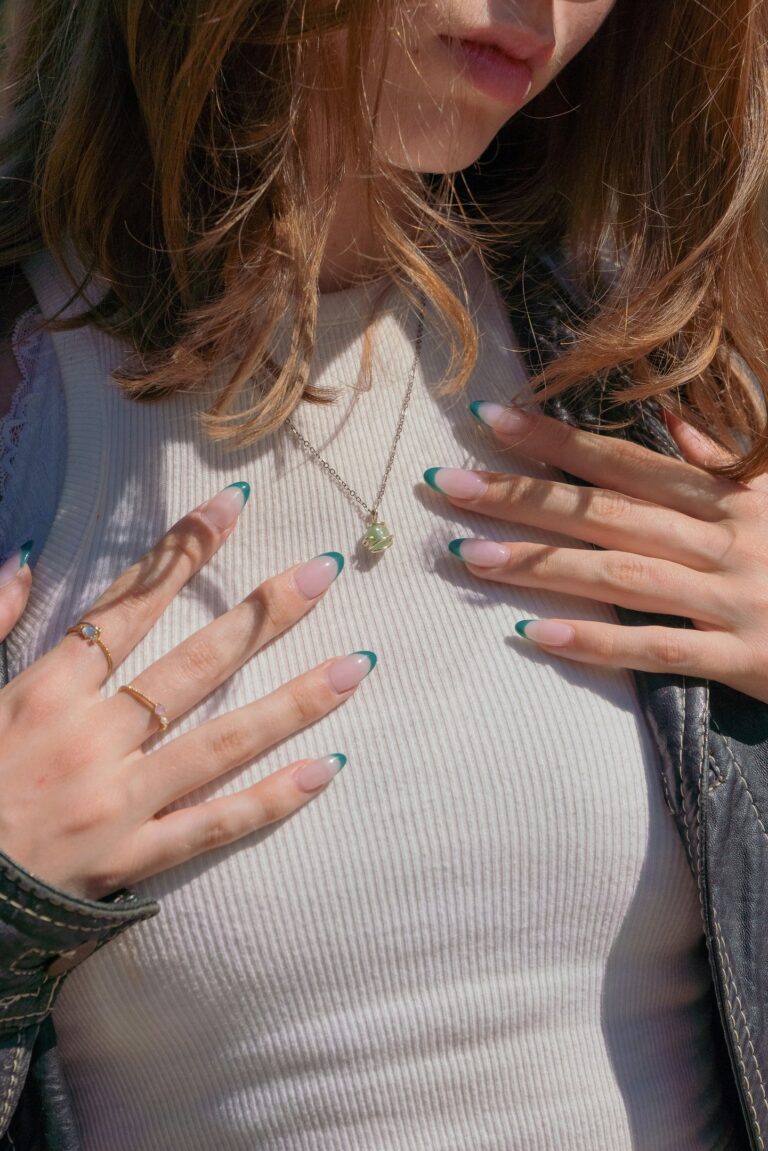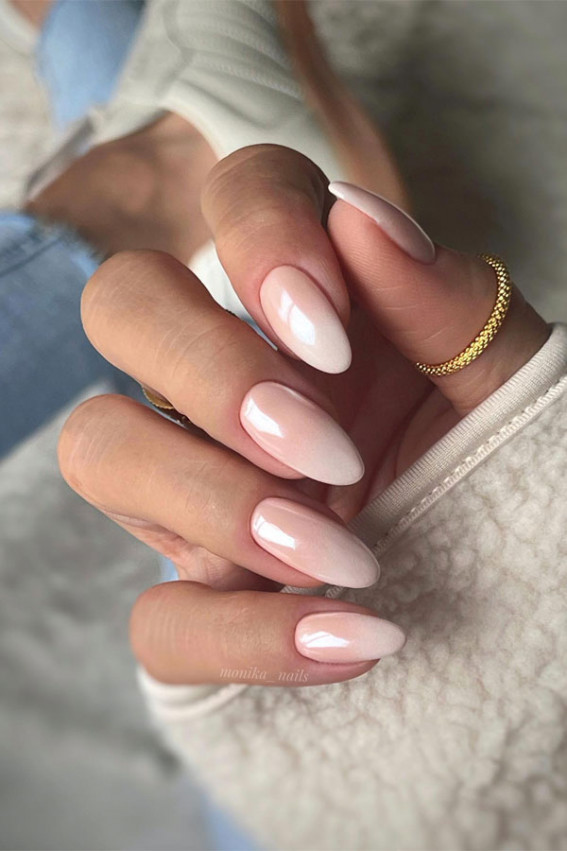☀️ Why Sunscreen Matters (Yes, Every Day)
1. Protection from UV Damage
UV rays = ultraviolet radiation from the sun.
There are two main types:
-
UVA rays: Penetrate deep into the skin → cause aging, wrinkles, and sunspots.
-
UVB rays: Responsible for sunburns → increase risk of skin cancer.
2. Prevents Premature Aging
90% of visible skin aging is caused by the sun. That’s why dermatologists often say:
“The best anti-aging product is sunscreen.”
3. Lowers Risk of Skin Cancer
Skin cancer is the most common cancer in the U.S. — and it’s highly preventable. Daily sunscreen use reduces your risk dramatically.
4. Keeps Skin Even-Toned
Sunscreen helps prevent dark spots, hyperpigmentation, and uneven texture — especially important for all skin tones.
🛡️ How Sunscreen Works
Think of sunscreen as a shield:
-
Physical (Mineral) Sunscreen: Uses minerals like zinc oxide or titanium dioxide to sit on top of the skin and reflect UV rays.
-
Chemical Sunscreen: Absorbs UV rays and transforms them into harmless heat.
Both are effective — the best one is the one you’ll actually wear.
🔢 Decoding SPF (Sun Protection Factor)
SPF tells you how well a sunscreen protects against UVB rays:
-
SPF 15 → blocks 93%
-
SPF 30 → blocks 97%
-
SPF 50 → blocks 98%
Pro tip: No sunscreen blocks 100% of rays — and you need to reapply!
Every dermatologist recommends:
👉 SPF 30 or higher for daily use👉 SPF 50 for extended outdoor time
🕶️ UVA Protection: Look for “Broad Spectrum”
Broad spectrum = UVA + UVB protection.This is non-negotiable. Always check the label.
✨ Choosing the Right Sunscreen for You
For Face:
-
Lightweight formulas
-
Non-comedogenic (won’t clog pores)
-
Options: Gel, lotion, fluid, tinted
For Body:
-
Water-resistant formulas for beach/pool days
-
Creams or sprays for large areas
For Sensitive Skin:
-
Mineral sunscreens with zinc oxide
-
Fragrance-free, hypoallergenic formulas
For Darker Skin Tones:
-
Tinted mineral sunscreens → no white cast
-
Chemical sunscreens with sheer finish
⏳ How Much to Use
Face & Neck: A nickel-sized dollop (or 2 finger lengths).Body: About a shot glass full .
Rule: More is more. Most people under-apply sunscreen → this reduces its effectiveness.
🔄 How Often to Reapply
-
Every 2 hours when outdoors
-
Immediately after swimming or sweating
-
Reapply even if your makeup has SPF
Tip: Use sunscreen mists or powders for easy touch-ups over makeup.
🧴 Sunscreen Myths — Busted!
Myth 1: Darker skin tones don’t need sunscreen.→ False! Everyone needs sun protection.Myth 2: You don’t need sunscreen indoors.→ False! UVA rays penetrate windows.Myth 3: Sunscreen prevents you from getting vitamin D.→ Not significantly. Get vitamin D from diet or supplements.Myth 4: Makeup with SPF is enough.→ It helps, but not sufficient alone. Use a dedicated sunscreen underneath.
💡 Sunscreen Application Hacks
-
Apply sunscreen first → let it absorb → apply makeup after.
-
Use sunscreen as your final skincare step in the morning.
-
Carry a mini sunscreen stick in your bag for on-the-go reapplication.
-
Layer SPF lip balm on your lips — yes, they can burn too!
☀️ Daily Sunscreen = Glowing Skin for Life
Think of sunscreen as your skin’s personal bodyguard — always on duty, always protecting you.
The takeaway:
-
Apply it every single day, rain or shine.
-
Reapply when needed.
-
Choose a formula you love so you’ll stick with it.
Your future self (and your mirror) will thank you.
Final Words: Your Sunscreen Glow-Up Checklist
✅ Use SPF 30 or higher
✅ Choose broad-spectrum protection✅ Apply the correct amount
✅ Reapply regularly✅ Make it a daily habitConclusion:Sunscreen is the simplest, smartest, most effective skincare step you can take — and the most empowering. Now that you’re armed with everything you need to know, go forth and glow — safely!
Read our guide on how to choose sunscreen according to your skin type .
